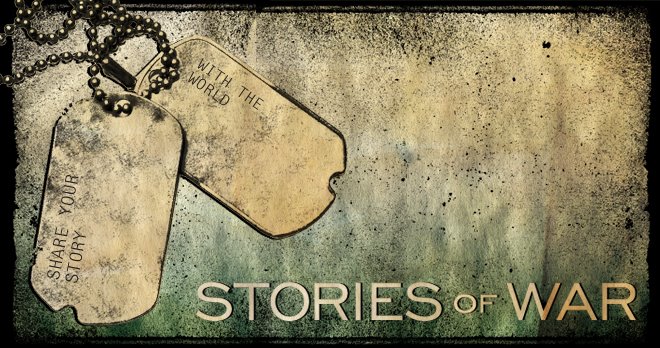Stories

After working in the VA for 20 years, Connie has heard a lot. You would think there’s nothing she hasn’t heard yet, but she told us that everyday she is surprised by some of the things she hears.
When you’re told something shocking it is only human to have a reaction. Many counselors struggle with this. Should you show how taken back you are and risk them feeling like they said too much? Or should you not react and risk them thinking you are cold, insensitive, or inhumane?
Connie said that the best thing you can do is be empathetic and show that you’re human. They need to be validated. She explained that there have been times where she has had a vet’s session leave her in tears. It is ok to have a reaction, as long as it’s modest and genuine because “they can tell when you fake it”.
PTSD

When people come back from war they suffer from something called PTSD, or post traumatic stress disorder. The National Center for PTSD characterizes the four symptoms as: 1) reliving the event, 2) avoiding situations that remind you of the event, 3) negative changes in beliefs and feelings, and 4) hyerarousal (feeling on edge, always on the lookout for danger)
There’s no cure for PTSD and the meaning of “getting better” is different for everyone. But there are three common methods for working to reduce or eliminate the symptoms of PTSD: Cognitive Behavioral Therapy (CBT), Cognitive Processing Therapy (CPT), and Prolonged Exposure Therapy (PE). Another type of, less common, therapy is called Eye Movement Desensitization and Reprocessing (EMDR), where you have the client focus on sounds or hand movements while discussing the trauma. (National Center for PTSD).
Connie practices mostly CBT. She works with her clients to assist them in learning to live, “to coexist” with their PTSD. Through meditation, like breathing activities and practicing mindfulness, Connie helps her clients find alternative solutions and strategies to change the way they perceive the world around them.
Along with these therapies many doctors prescribe medications to help vets cope but this is a risky area. Connie explained that many vets have substance abuse problems because they self-medicate with drugs and alcohol. Prescribing medicine provides opportunity to abuse them. Drugs like Xanax and Valium can no longer be prescribed because they are extremely addicting and led to more harm than good. Many vets to have their acute psychological issues, like depression, resolved before they can make any progress with their substance abuse issues and PTSD treatment.
Self Care

As you can imagine, listening to war stories can really take a toll on you. Connie’s teammates at the Binghamton Vet Center take care of each other. Every week they sit together to discuss their difficult cases and advise each other. Their team leader leads the counselors in mindfulness activities and takes them on retreats to get away from the stress of the job. Each counselor is also supervised to ensure that they are staying healthy.
In addition to the services provided to her at work, Connie said that she loves comedy and enjoys watching cartoons. She will come home after a long day and sit back and watch her cartoons to have a good laugh.
Works Cited
Connie Studgeon, guest speaker 3/10/16
National Center for PTSD
